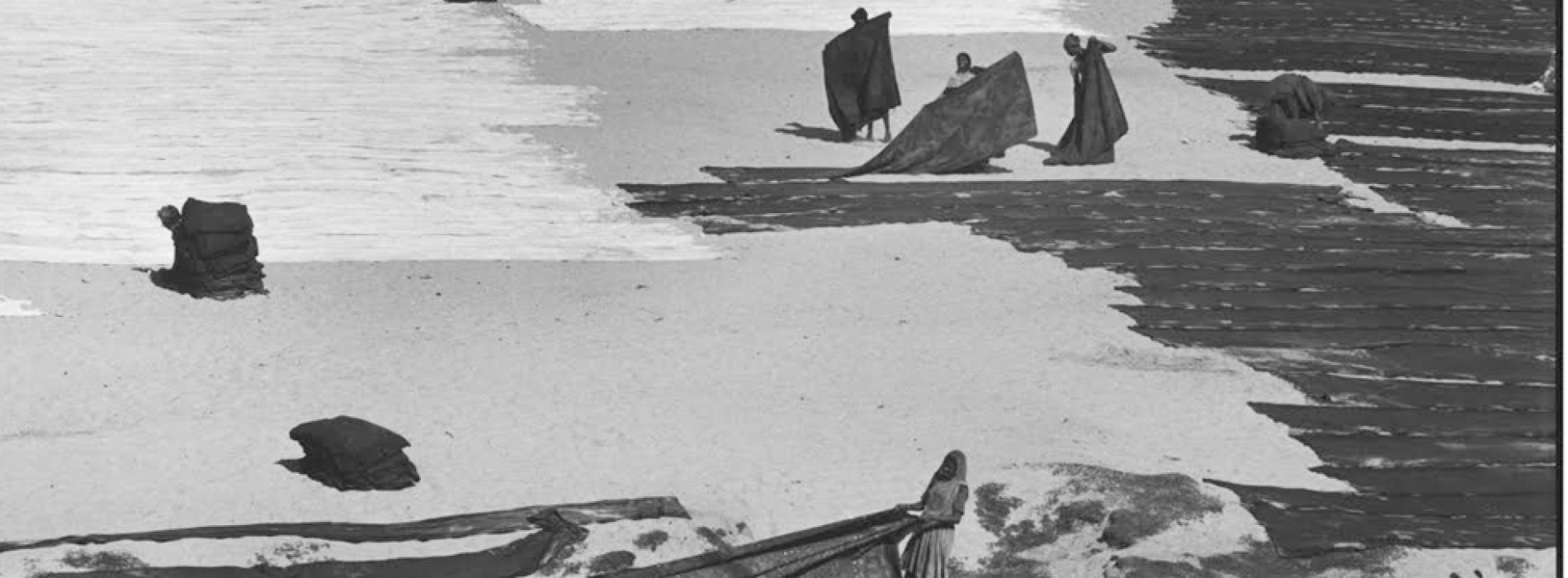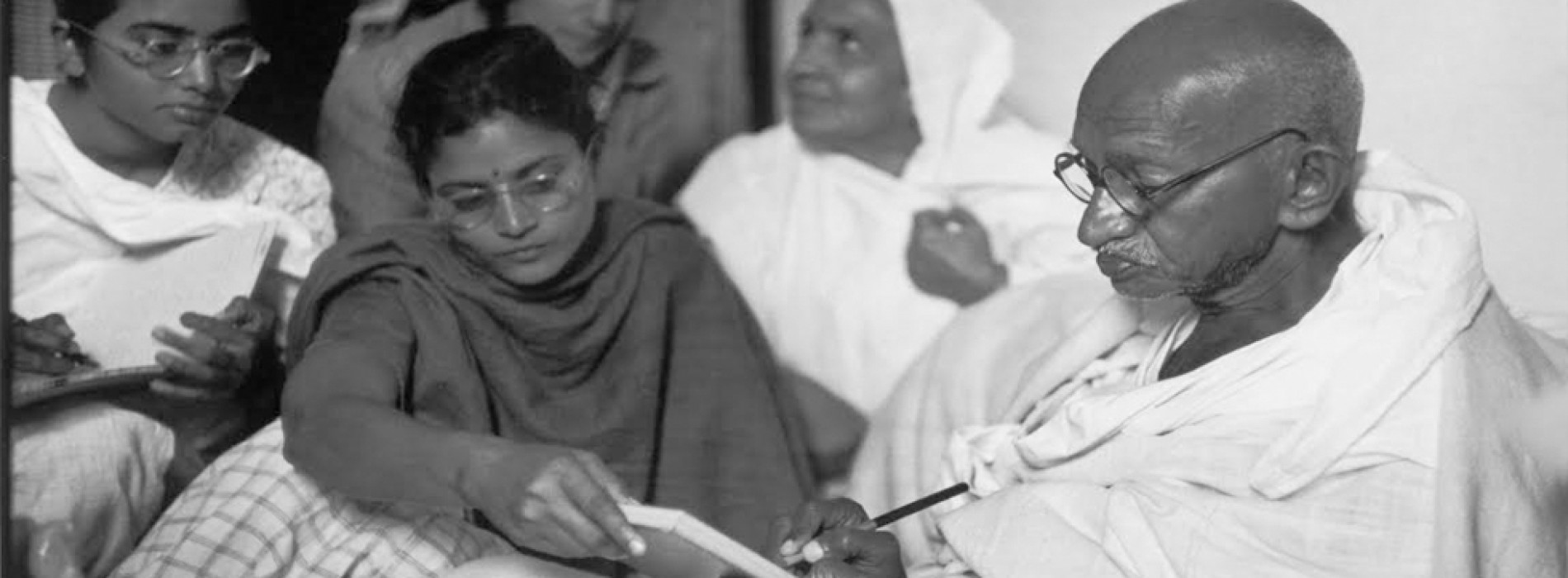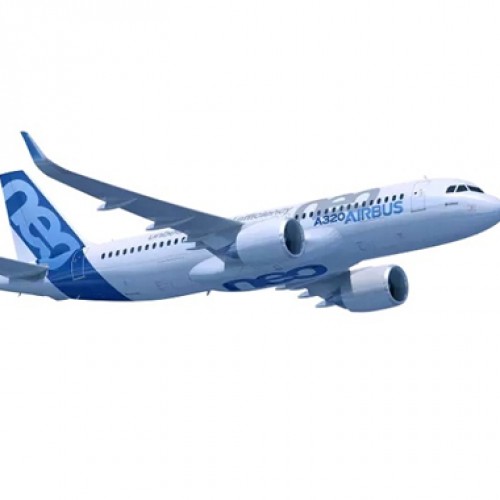Henri Cartier-Bresson’s Masterful Photographs Convey India’s Mid-Century Turmoil
Henri Cartier-Bresson’s Masterful Photographs Convey India’s Mid-Century Turmoil in forthcoming Rubin Museum Exhibition!
Opening April 21, “India in Full Frame” offers Magnum photographer’s perspective on Gandhi’s final day, key political events, and everyday moments in mid-century India
The Rubin Museum of Art will present “Henri Cartier-Bresson: India in Full Frame,” illustrating the pioneering photographer’s perspective on India in a period of political and cultural turmoil. Opening on April 21, 2017, the exhibition also coincides with the 70th anniversary of Magnum Photos, the cooperative agency co-founded by Cartier-Bresson. The exhibition features 69 photographs, selected by the artist, from his travels in India during the mid-twentieth century as well as his letters, camera, and other personal ephemera, shown in this configuration for the first time in the United States. This selection of Cartier-Bresson’s India work includes images of political leaders, refugees from India’s partition from Pakistan, and everyday people, offering insight into his deep understanding of issues that continue to resonate today.
Cartier-Bresson is best known for his “street photography” that has influenced generations of photographers and was developed during his travels around the world. His first trip to India was in 1947, when the country was undergoing a massive political transition having gained independence from Britain that year. A key set of photographs on view show Mahatma Gandhi’s final hours, and events following his assassination, which helped catapult Cartier-Bresson to international fame when they were published in LIFE Magazine and other outlets.
“Students and connoisseurs of photography are likely familiar with Cartier-Bresson’s humanist street photography that reveals a precise but sensitive geometry framed around a key instant, which he famously termed the ‘decisive moment.’ This exhibition highlights both his photographs of the everyday and many important moments in modern Indian history,” said Beth Citron, Curator of Modern and Contemporary Art at the Rubin and organizer of this exhibition. “They reflect Cartier-Bresson’s mastery of his medium, as well as his abiding interest in the people and sites of India.”
In addition to the photographs, the exhibition will delve into public perceptions of Cartier-Bresson’s work through its publication in news outlets such as LIFE Magazine. An audio tour will accompany the exhibition, and the Rubin Museum will also screen a series of four films which exemplify Henri Cartier-Bresson’s lesser-known influence on cinema, including “The Rules of the Game” and The Apu Trilogy films. Full program listings can be found at rubinmuseum.org.
“Henri Cartier-Bresson: India in Full-Frame” is organized by the Rubin Museum of Art in collaboration with Magnum Photos and the Henri Cartier-Bresson Foundation, and supported by The Robert Mapplethorpe Foundation, David Solo, an anonymous donor, and contributors to the 2017 Exhibitions Fund. The exhibition is curated by Beth Citron, and the design and installation are overseen by Fabiana Weinberg, Exhibition Designer, both of the Rubin Museum.
You might also like
Backpacks or Suitcase, which is better for a traveller?
For different kinds of vacations a traveller need different gear. One of the biggest choices most of travellers make as they leave for holidays is the choice between packing their
Radisson Hotel Group launches its new Asia Pacific online campaign
Radisson Hotel Group recently revealed its bold new brand identity, brand architecture and Radisson Rewards, its refreshed global loyalty program. In Asia Pacific, the Group is inviting guests to experience
Airbus bumps up plane prices for 2017
Airbus has increased the average list prices of its aircraft by one percent across the product line, effective from January. This price increase has been calculated according to Airbus’ standard








